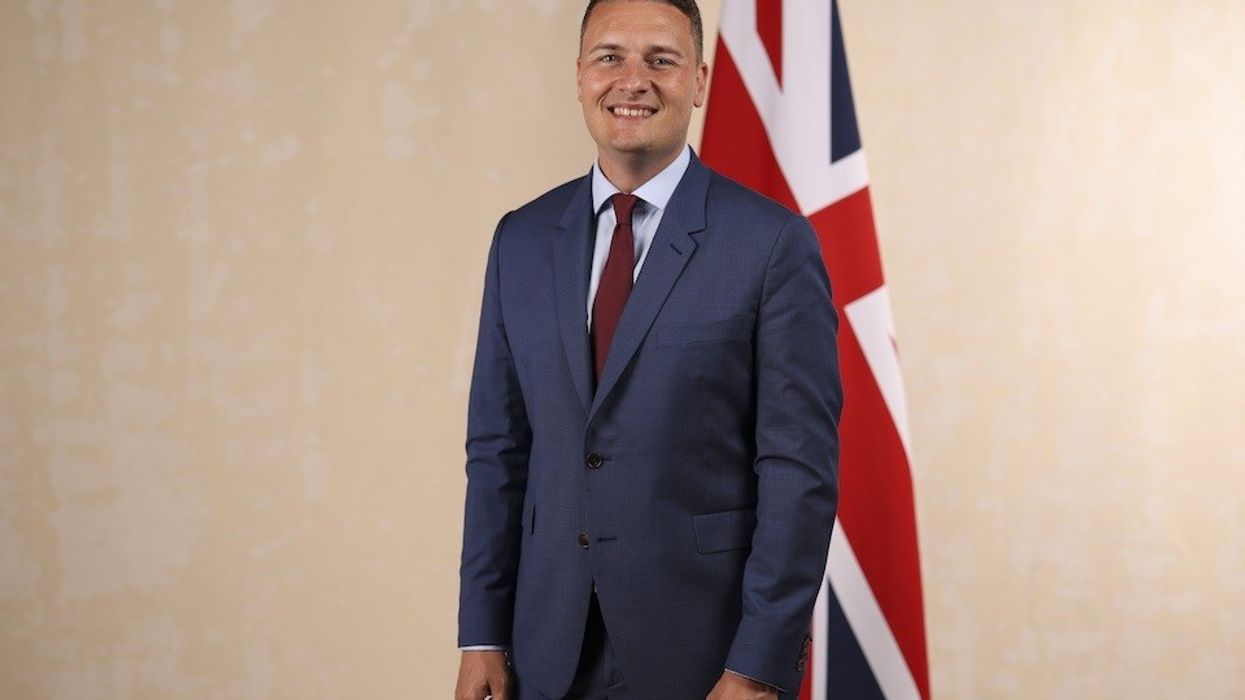ABPI calls on Labour to urgently appoint a new Chair and Chief Executive to the Medicines and Healthcare products Regulatory Agency (MHRA)
The Association of the British Pharmaceutical Industry (ABPI) has laid out a series of urgent actions it wants the newly elected Labour government to implement within its first 100 days in office.
Among the top priorities, the ABPI has emphasised the urgent need to appoint a new Chair and Chief Executive for the Medicines and Healthcare products Regulatory Agency (MHRA).
Additionally, the ABPI has urged the new government to launch the Life Sciences Manufacturing Capital Grants Facility without delay.
Other measures the ABPI wants Labour to prioritise include:
- Rapidly passing outstanding UK clinical trials legislation to enhance the UK’s attractiveness for inward investment, including into research within the NHS.
- Increasing commercial flexibility in the NHS England Commercial Framework for New Medicines to remove barriers for companies to launch new medicines and indications so that NHS patients can access the latest innovative medicines.
- Supporting the National Institute for Health and Care Excellence (NICE) to rapidly review the ‘severity modifier’ used in medicine appraisals.
- Re-establishing a cross-government and industry working group to examine progress in implementing vaccination-related policy.
- Reviewing and responingd to outstanding recommendations for the National Immunisation Programme made by the Joint Committee on Vaccination & Immunisation.
Responding to the new health secretary’s commitment to boosting the economy through the life sciences sector, Richard Torbett, Chief Executive of ABPI, said: “Wes Streeting is right to think about the health system as more than just a public service.
“It is an intrinsic part of our national economy - as an employer, as a driver and adopter of new innovations, and as a place to do cutting-edge research and discovery.”
He emphasised that with the right outlook, the health system could become an “active partner” in life science innovation and discovery.
“It can do more to prevent ill health, through the use of new vaccines and preventative medicines, while also getting people healthy and back to work by removing persistent inequality of access to the most effective treatments,” he added.
Addressing the Tony Blair Institute Future of Britain Conference on Monday, Wes Streeting, Secretary of State for Health and Social Care, said:
“One of the things I've said to my department and to the NHS is we need to rethink our role in government and in our country at large.
“This is no longer simply a public services department. This is an economic growth department, and the health of the nation and the health of the economy are inextricably linked.”
“If we can marry our health and social care system with the incredible life sciences and med tech ecosystem we have in this country, we can be a powerhouse for the life sciences and med tech revolution here in this country and in the world. And that is an economic growth mission.”
During its election campaign, Labour has identified the UK’s life sciences sector as a critical partner for its plans to deliver positive change and economic growth.
Torbett earlier said that a strong industry-government partnership will be vital for continued discovery of breakthrough medical innovation in the UK, ensuring NHS patients are among the earliest beneficiaries of cutting-edge medicines and vaccines worldwide.
He said: “The new government now needs to hit the ground running and rapidly set out a clear, detailed plan for what the government will do in the coming weeks and years to address persistent inequalities in access to medicines and vaccines as well as unlock our sector's true growth potential.”
ABPI’s ‘Manifesto for Investment, Health, and Growth’ outlines a strategy aimed at improving healthcare and equity for NHS patients, enhancing patient access to new medicines through clinical trials, generating additional manufacturing jobs and value within the UK, and creating more highly skilled, well-paid jobs in all parts of the country.













